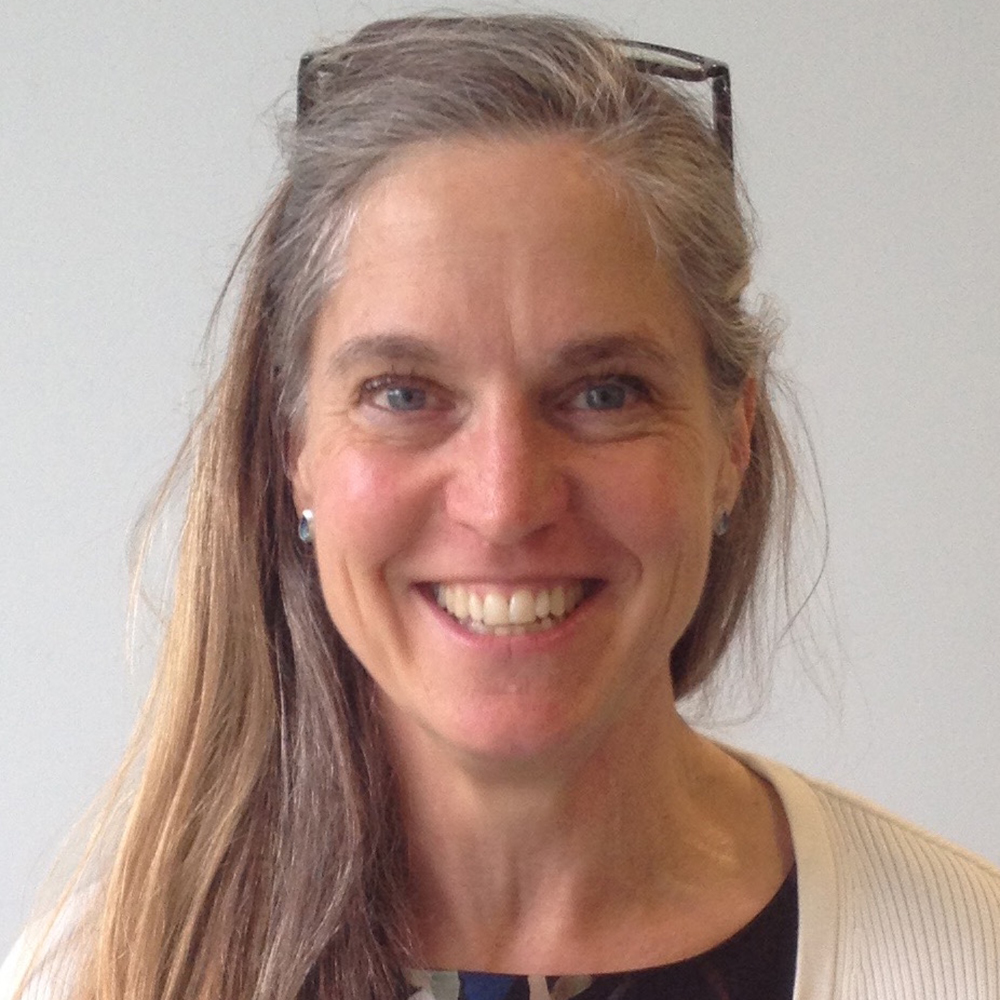Dr. Wendy McDougald is a Seattle U Physics Alumna who went on to complete a Master of Science in Physics from UW, a Master of Science and a Doctorate from Edinburgh and is currently leading her own research lab all while working, raising a family and traveling. And she is not done. She shares her inspiring story below.
A Physics Degree
Starting my SU physics and mathematics degree as a single mom of three working full time meant reading and homework was done at 6:00am at the Lynwood ice rink, late at night after the kids were in bed and at the soccer fields all across Washington. Though not easy, the power of support from family and friends made it bearable. I completed my Physics Degree from Seattle University in 2006.
Work and First Masters
After graduating, I went into nuclear medicine imaging research, working at the University of Washington (UW) Imaging Research Laboratory (IRL). The main focus of research was on detector development and optimisation for positron emission and single photon emission imaging. While at the IRL I also underwent training with General Electric (GE), becoming the UW and Seattle Cancer Care Alliance (SCCA) department of Radiology, Nuclear Medicine in-house engineer for the positron emission tomography/computed tomography (PET/CT) clinical scanners. Additionally, I extended my physics studies at the UW to include achieving a Master of Science in Physics, emphasising single photon emission computed tomography (SPECT).
A Masters and Phd from Edinburgh, Scotland
Years later - I decided to change things up. Kids grown and gone, I sold or gave away stuff, packed up clothes and headed off to study at the University of Edinburgh, Scotland with my two Westies (Baxter and Prescott). The amazing level of support I again received from family, friends and UW co-workers was overwhelming. Admittedly, the first few months in Edinburgh did not go well (made my university password "What in the World am I Doing!"). That support from family, friends and UW co-workers got me through.
Successfully completing a Master of Science by Research in Biomedical Life Sciences on two fronts; Bioinformatics: Approaches Towards Understanding How Pax6 Regulates Target Genes and Preclinical Biomedical Imaging: Evaluation of Small Animal Exposure to microCT Dose, I was asked if I was interested in staying on at the University.
I was then nominated for and awarded the Edinburgh Global Scholarship and the National Centre for the Replacement, Refinement & Reduction of Animals in Research (NC3Rs) studentship. Fully taking advantage of being a PhD student... I not only worked non-stop, established collaborations throughout the UK and EU, I travelled often. Within three years I'd completed my doctoral research in Medical Physics (Standardization of Preclinical PET/CT Protocols Across Multiple Research Centres), written my thesis, published it, successfully passed my viva, graduated, wrote and received a Physics Fellowship grant (Modelling radiobiology effects of X-rays in small laboratory animals to develop guidelines for preclinical computed tomography imaging). Special thank-you Adair for reading part of my thesis!
Heading Her Own Lab
Currently, I'm a Principal Investigator (PI), Physics Research Fellow in charge of my own laboratory at the University of Edinburgh BHF Centre for Cardiovascular Science. The main focus of my work is on developing and utilising Monte Carlo simulations modelling DNA and histone damage in small laboratory animals caused by ionising radiation as well as analysing irradiated cell cultures. My work also includes the characterisation and evaluation of 3D-printed materials for use in preclinical imaging. I've continued to maintain and expand my collaborative research covering both clinical and preclinical nuclear medicine imaging. Most recently, with the UW on a clinical study in early response of breast cancer to neoadjuvant chemotherapy using 3'-Deoxy-3'-18F-Fluorothymidine PET, research with Ghent University on FLASH-radiation therapy and ionising radiation dosimetry and continued research on the quantification accuracy, reproducibility of preclinical PET/CT imaging data with the University of British Columbia and the University of Tübingen. FYI, running one’s own lab is fantastic, constant grant writing not so fantastic. Additionally, being a PI requires regular publications and holding committee chair positions, which can be fun - at times.
The Passion for Learning Continues
I'm now slated to graduate again this autumn with a UK Academic Practice in Higher Education Fellowship centered on Scientific Educational Course Design and Development.
I'm not done.

